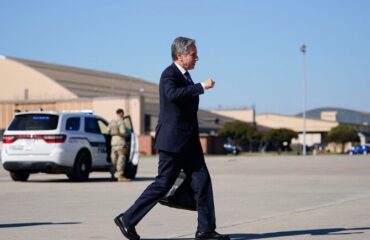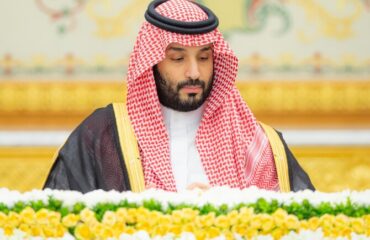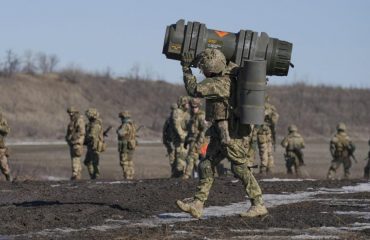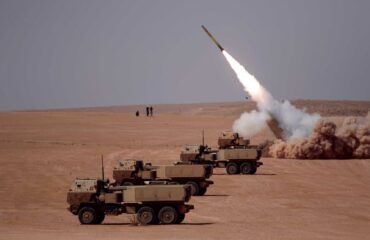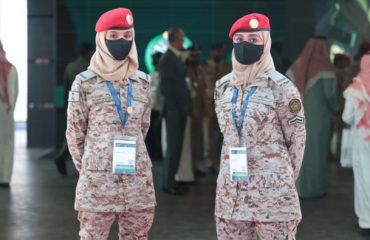Yemen talks focus on aid & care for wounded and opening of roads
GCC and coalition committed to ceasefire despite violations by the Iran-backed militia

RIYADH: The GCC-sponsored Yemeni peace talks continued on Thursday in Riyadh with discussions held on opening corridors for humanitarian aid, medical care for the wounded and disabled, and removing barricades blocking roads between the war-ravaged country’s cities.
The talks, which started on Wednesday and will end on April 7, has brought together hundreds of Yemeni politicians, tribal leaders, current and former military and security officials, non-governmental organizations, and Islamic scholars. The Houthis have refused to attend the gathering which also saw the participants discuss economic development, security and press freedom issues.
Abdul Kareem Shaiban, an MP, said his discussion group focused on ways to improve the humanitarian situation in Yemen, including providing medical care for the growing numbers of injured and disabled, and opening corridors to allow aid organizations to enter the country’s cities.
He said Yemen should ensure that all relief efforts assist in ensuring sustainable development in the country, rather than promoting a dependence on food consignments that would “create a begging society.”
The Iran-backed Houthis have refused to participate in the conference and seek direct talks with Saudi Arabia. They have also demanded the lifting of what they have termed a “blockade” on Sanaa airport and restrictions on the Hodeidah seaport.
To create the conditions for successful peace talks, the Coalition to Restore Legitimacy in Yemen on Tuesday night announced it would halt all military operations in Yemen, including airstrikes, during the talks and the month of Ramadan. It has urged the Houthis to agree to these peace efforts.
However, the Houthis have reportedly exploited the coalition’s ceasefire by intensifying attacks on the government-controlled central city of Marib and the northern province of Hajjah, sparking fierce battles with loyalists.
Yemen’s Defense Ministry and local media reports said on Thursday that army troops pushed back a Houthi offensive in Bani Hassan area, north of Hajjah’s Abes district.
At the same time, Yemen’s army’s chief of staff said on Thursday that the army is committed to stopping hostilities on the ground in line with the coalition’s declaration, despite the Houthi violations.
“From our long experience, we know that the aggressive and terrorist Iranian militia will not abide by any agreement or call for peace since it (peace) will threaten its existence,” Lt. Gen. Sagheer bin Aziz said on Twitter.
The Houthi escalation on the ground came as Yemeni politicians and human rights activists slammed the movement for abducting three Yemeni academics and activists who were heading to Riyadh to attend the talks.
Local media and relatives said the Houthis abducted Hamud Al-Awdi, an octogenarian professor of sociology at Sanaa University, and activists Abdul Rahman Al-Olifi and Khaled Shouaib, in the province of Ibb while they were heading to government-controlled areas before flying to Riyadh.
The three men had been given permission by the Houthi authority in Sanaa and alerted the movement’s leaders about their travel.
Relatives said the Houthis transferred them from Ibb to the intelligence detention center in Sanaa and barred their families from visiting or contacting them.
Khaled Al-Ruwaishan, a former Yemeni culture minister and an outspoken writer, said the Houthis’ abduction of the three men contradicted their latest commitment to swap hundreds of prisoners with the Yemeni government.
“While we were waiting for you to release hundreds, according to your announcement two days ago, you arrested a prominent academic who is over 80 years old!” Al-Ruwaishan wrote on his Facebook page, referring to Al-Awdi.


